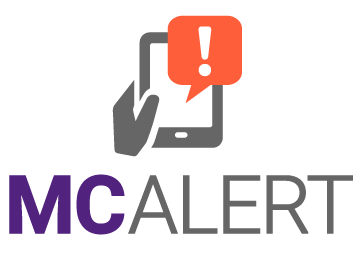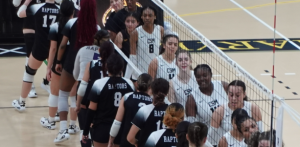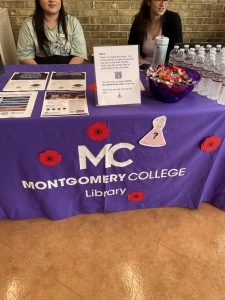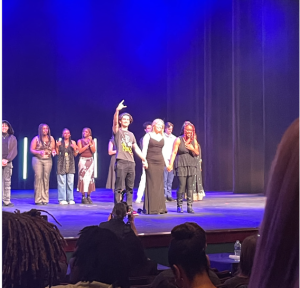Pollard calls false alert: “a tremendously unfortunate incident.”

November 21, 2019
The false active shooter alert sent out on Nov. 1 left many with unanswered questions. However, the college has provided more information on changes to the system going forward.
Dr. DeRionne Pollard addressed the false active shooter alert at the Board of Trustee’s Nov. 18 meeting, calling it “a tremendously unfortunate incident.”
Dr. Pollard emphasized the importance of retaining student’s and faculty’s trust in the system at the meeting, and acknowledges that incidents like these errode that trust.
While not revealing the name of the individual to The Advocate, Marcus Rosano, the Director of Media and Public Relations for the college, did say that the individual that sent out the alert has been in contact with his or her supervisors. He or she has been working with the college to find out why the alert happened and what the college can do to prevent it from happening in the future.
Moving forward, the college is planning on increasing training, as well as working on testing those already trained for proficiency with the system.
As Donna Schena said in her email to students and faculty on Nov. 8, the college is moving towards a centralized system, which will be complete some time in spring 2020. Rosano compared it to a 911 dispatch center where campus police and public safety officers will be able to call if an alert needed to be sent through the system.
Currently, there are 60 people with access to the alert system. Though it is not clear how many people will have access to that system once it is centralized, the college is in the process of creating Dispatcher I and II positions that require prior experience and training.
“The benefit to the emergency communication process will be having skilled dispatchers who know how to gather information from callers,” said Rosano “and how to dispatch efficiently”
What students and faculty know as MC Alerts is platformed by Rave Mobile Safety. It is the same system the college was using when the false alert was sent out in 2018. However, there are no plans to change the platform at this time.
With two false alarms in less than two years, many students are beginning to lose trust in the system. Though the college acknowledges this, Rosano still believes that MC Alerts is the best way to keep the college’s students and faculty safe and informed.
“It’s so important that we work to rebuild that trust.” Said Rosano, “We don’t go a minute in a day without thinking about how to keep our students safe.”











